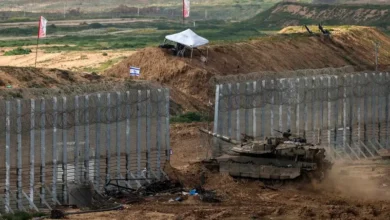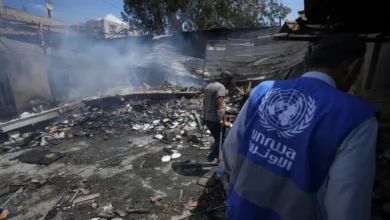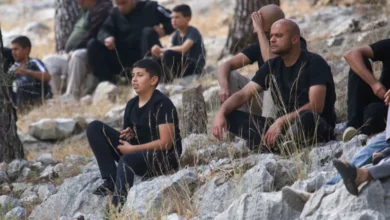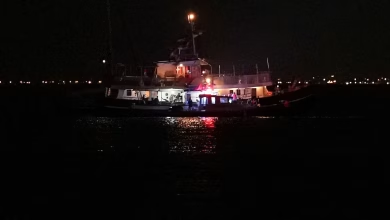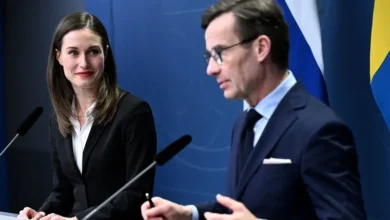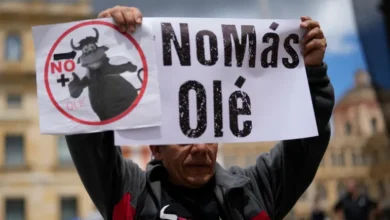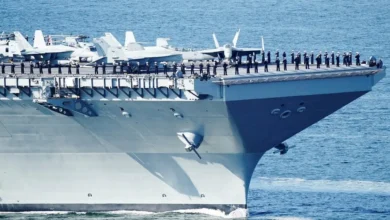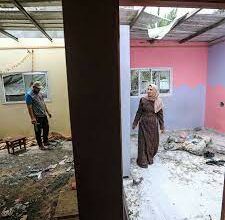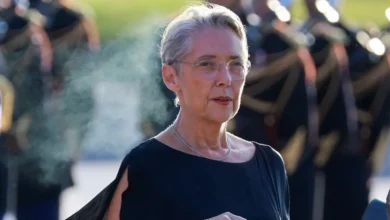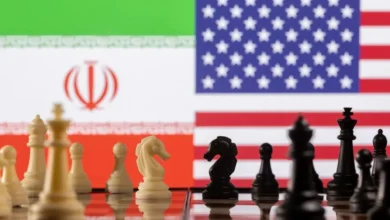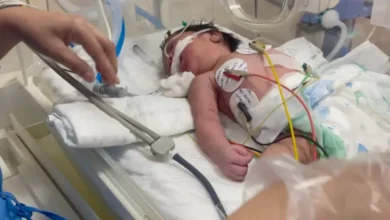Israel troops push into central Rafah as death toll mounts to 36,284
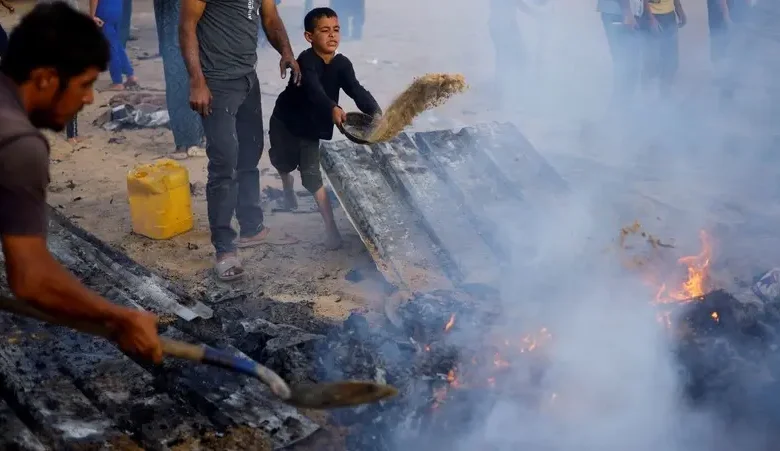
The Israeli army said Friday its troops pushed into central Rafah, escalating its nearly eight-month war with Hamas despite international objections over any offensive in the southern Gaza city.
Israel first sent tanks and troops into Rafah from the city’s east in early May, ignoring concerns over the safety of displaced Palestinian civilians sheltering in the city on the Egyptian border.
Soldiers were operating “in central Rafah” where they uncovered rocket-launchers and tunnel shafts and dismantled a Hamas weapons storage facility, the army said in its latest statement.
Witnesses reported seeing Israeli airstrikes on the Rafah area as well as troop movements at the Al-Awda roundabout, Yibna camp and Kir intersection in central Rafah.
In central Gaza, the army said it was “intensifying operations” and had carried out airstrikes that “eliminated several terrorists” operating near Israeli troops. It did not elaborate.
Israel has repeatedly vowed to destroy Hamas since the Palestinian militant group attacked southern Israel on October 7.
On Wednesday, it declared its forces had taken control of the 14-kilometer (8.5-mile) Philadelphi corridor along the Gaza-Egypt border, where it alleges weapons were being smuggled.
Egypt, a longtime mediator in the conflict, has yet to officially comment on the Israeli takeover, which officials have previously said could violate the two countries’ 1979 peace deal.
Amid stalled diplomatic efforts towards a ceasefire, Hamas said it had informed mediators it would only agree a “comprehensive” truce agreement including a hostage-prisoner swap if Israel halts its “aggression.”
Ismail Haniyeh, the head of Hamas’s Qatar-based political office, reiterated Friday that the group’s core demands – including a permanent ceasefire and full Israeli withdrawal – “are non-negotiable.”
He accused Israel of “using negotiations as a cover to continue its aggression,” saying Hamas “refuses to be a part of these maneuvers.”
On Thursday, Israel said its forces had killed about 300 Palestinian militants in Rafah since launching its military operation in the city.
A stream of civilians fled Rafah, taking their belongings on their shoulders, in cars or on donkey-drawn carts.
The Gaza war was sparked by Hamas’s October 7 attack on southern Israel, which resulted in the deaths of 1,189 people, mostly civilians.
Militants also took 252 hostages, 121 of whom remain in Gaza, including 37 the army says are dead.
Israel’s retaliatory offensive has killed at least 36,284 people in Gaza, mostly civilians, according to the territory’s health ministry.
A medical official at Al-Aqsa Martyrs Hospital in central Gaza’s Deir al-Balah said eight people, including two children, were killed in an airstrike that hit a house in Al-Bureij refugee camp.
Another source at Nuseirat’s Al-Awda Hospital reported three deaths in a strike on a car.
An AFP correspondent saw Israeli military vehicles southwest of Gaza City, in the territory’s north.
The military announced the deaths of two soldiers in Gaza, taking to 294 the number of Israeli troops killed since the start of ground operations in late October.
An Israeli strike Sunday that sparked a fire and killed dozens in a displacement camp in Rafah drew a fresh wave of condemnation and prompted two days of discussions at the UN Security Council.
Israel has said it targeted a Hamas compound and killed two senior members.
After the strike, Algeria presented a draft resolution to the UN Security Council demanding an immediate ceasefire and the release of all hostages, but it was unclear when it would be voted on.
The organizers of next month’s Eurosatory 2024 trade fair in Paris said the French authorities had banned Israeli defense firms from exhibiting there.
Seventy-four Israeli firms had been set to be represented at the event.
